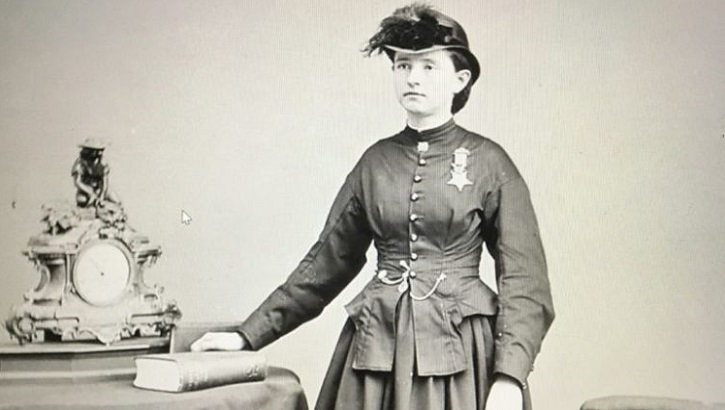In an era when women were expected to stay silent, wear corsets, and steer clear of battlefields, Dr. Mary Edwards Walker did none of those things. She wore trousers, entered war zones, performed life-saving surgeries under fire, and stood toe-to-toe with male generals. And in doing so, she became the only woman in U.S. history to receive the Medal of Honor.
Her life was a bold rejection of the norms of her time, and her legacy is a powerful reminder that courage isn’t always found on the front lines it’s often found in the refusal to yield.
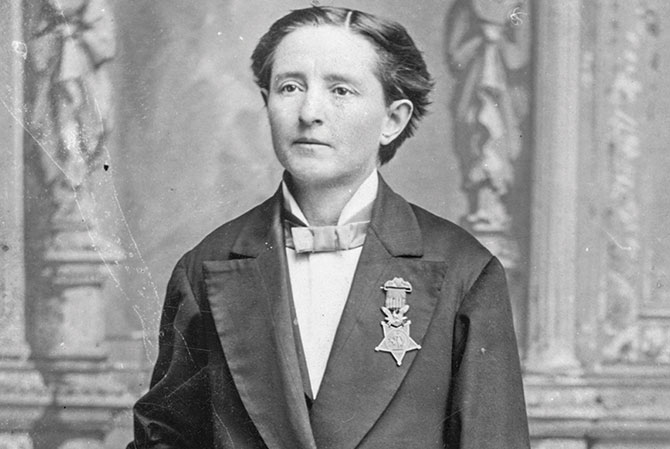
A Doctor in a Man’s World
Born in 1832 in upstate New York, Mary Edwards Walker was raised in a progressive household where girls were taught the same values of education and independence as boys. She became one of the few women of her time to earn a medical degree, graduating from Syracuse Medical College in 1855.
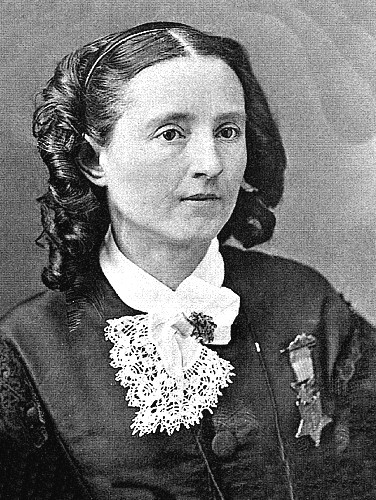
When the Civil War broke out, Walker was determined to serve. But the Union Army didn’t accept female doctors. Undeterred, she volunteered as a nurse one of the few roles women were allowed to hold but she didn’t stop there. Walker pushed her way into battlefield hospitals, performed surgeries, and eventually became an official contract surgeon for the U.S. Army.
She treated soldiers in some of the bloodiest conflicts of the war Antietam, Fredericksburg, and Chickamauga often under dangerous and chaotic conditions.
Video:
The only woman to be awarded the Medal of Honor.
Daring to Be Different
Dr. Walker didn’t just defy medical conventions; she also challenged society’s rigid gender rules. She dressed in trousers and a military-style coat, often drawing ridicule and even arrest for “impersonating a man.” But for her, practicality mattered more than appearances. Long skirts were a hazard in operating rooms and war zones, so she wore what allowed her to work and survive.
Her attire wasn’t just a fashion statement. It was a symbol of her unshakable commitment to doing what was right, no matter the cost.
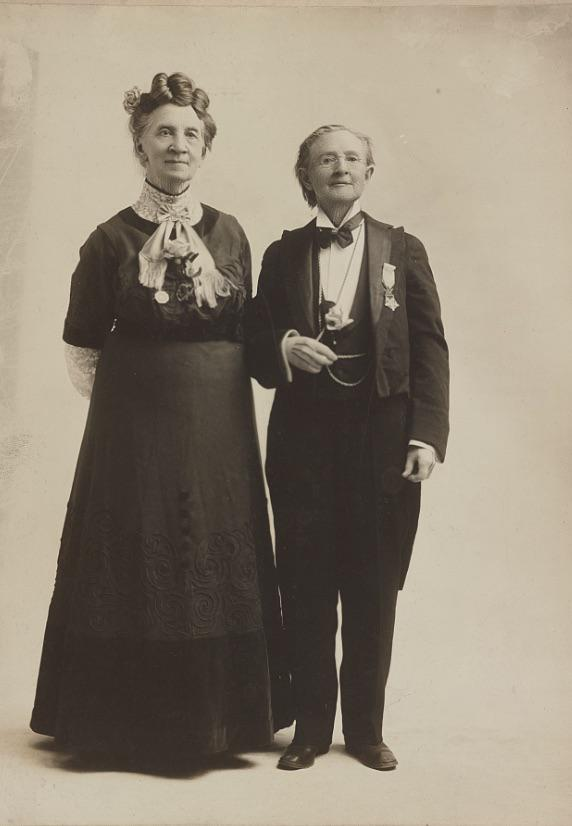
Captured but Not Defeated
In 1864, while aiding both Union and Confederate wounded behind enemy lines, Walker was captured by Confederate troops. She spent several months in a Southern prison, enduring harsh conditions. Even there, she didn’t stop working she treated fellow prisoners and even enemy soldiers, refusing to let captivity suppress her mission as a healer.
Video:
Legacy Video of Medal of Honor Recipient Mary Walker
When she was released in a prisoner exchange, her resilience and dedication earned her deep respect. In 1865, President Andrew Johnson awarded her the Medal of Honor the nation’s highest military recognition.
Stripped, Then Restored
In 1917, long after the war had ended, the government reviewed and revoked hundreds of Medals of Honor, including Dr. Walker’s, claiming she wasn’t technically eligible due to her civilian status. But Walker, then in her 80s, refused to return it. She wore the medal every day until her death in 1919.
It wasn’t until 1977 that her honor was officially restored by President Jimmy Carter, recognizing that her service, sacrifice, and trailblazing courage more than earned her place among America’s decorated heroes.
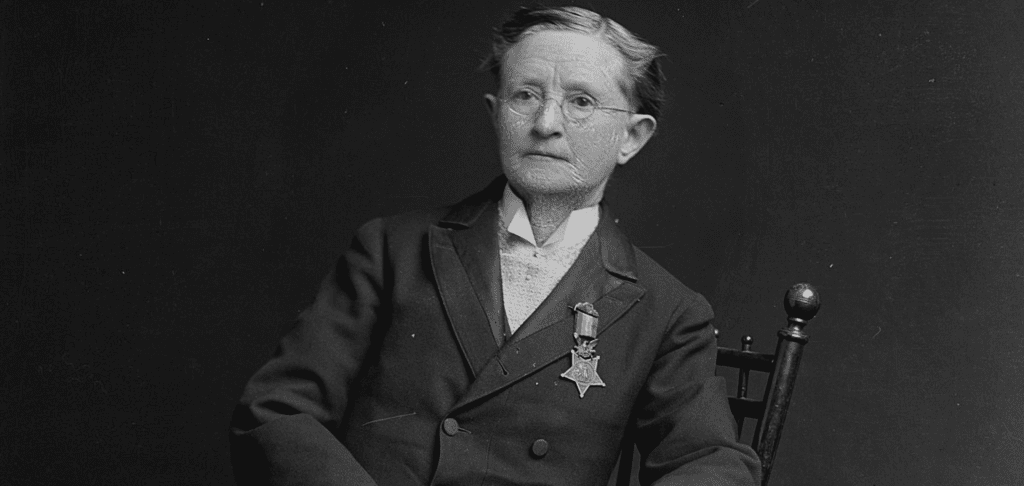
A Legacy That Still Marches On
Dr. Mary Edwards Walker shattered more than medical records she shattered expectations. She refused to be confined by the roles society assigned her and instead lived a life defined by service, integrity, and unflinching bravery.
Today, she remains a symbol of what it means to fight not just with weapons, but with principles. Her story continues to inspire generations of women in medicine, the military, and beyond.
She walked into history wearing trousers, carrying a scalpel, and never once asking for permission. And in doing so, she carved a path for others to follow.
